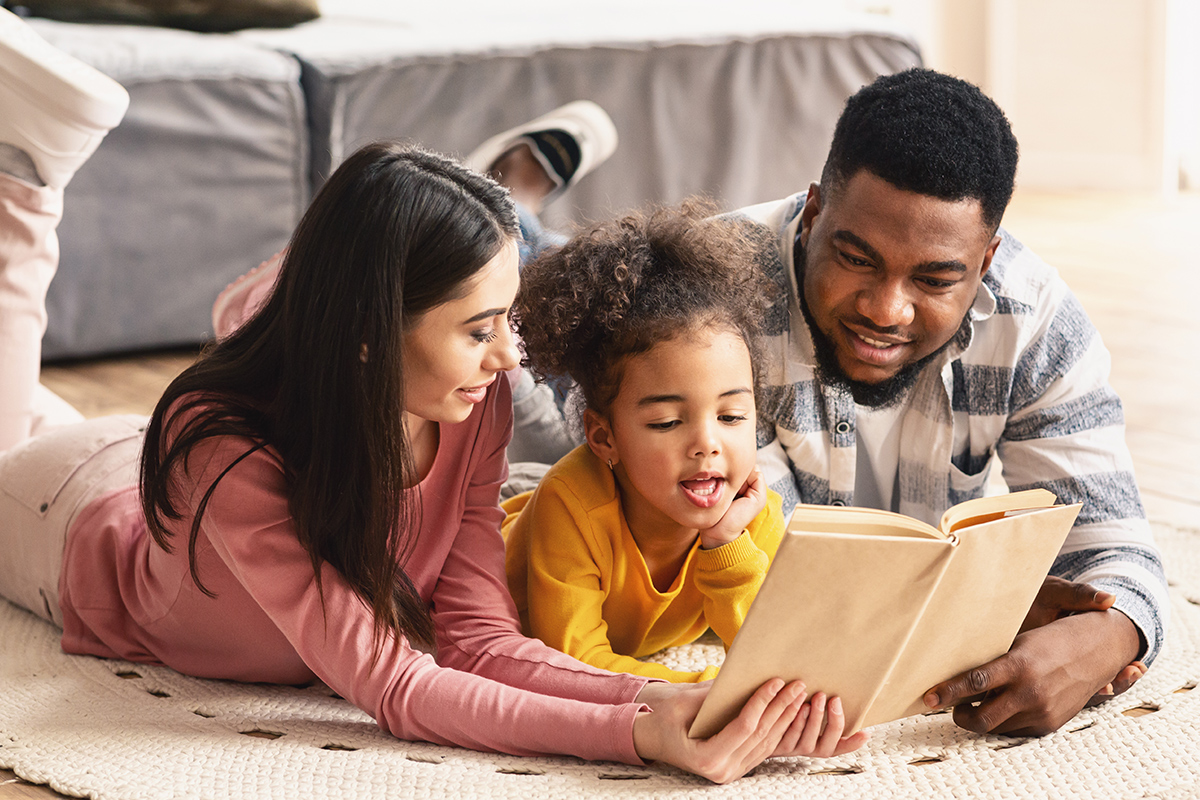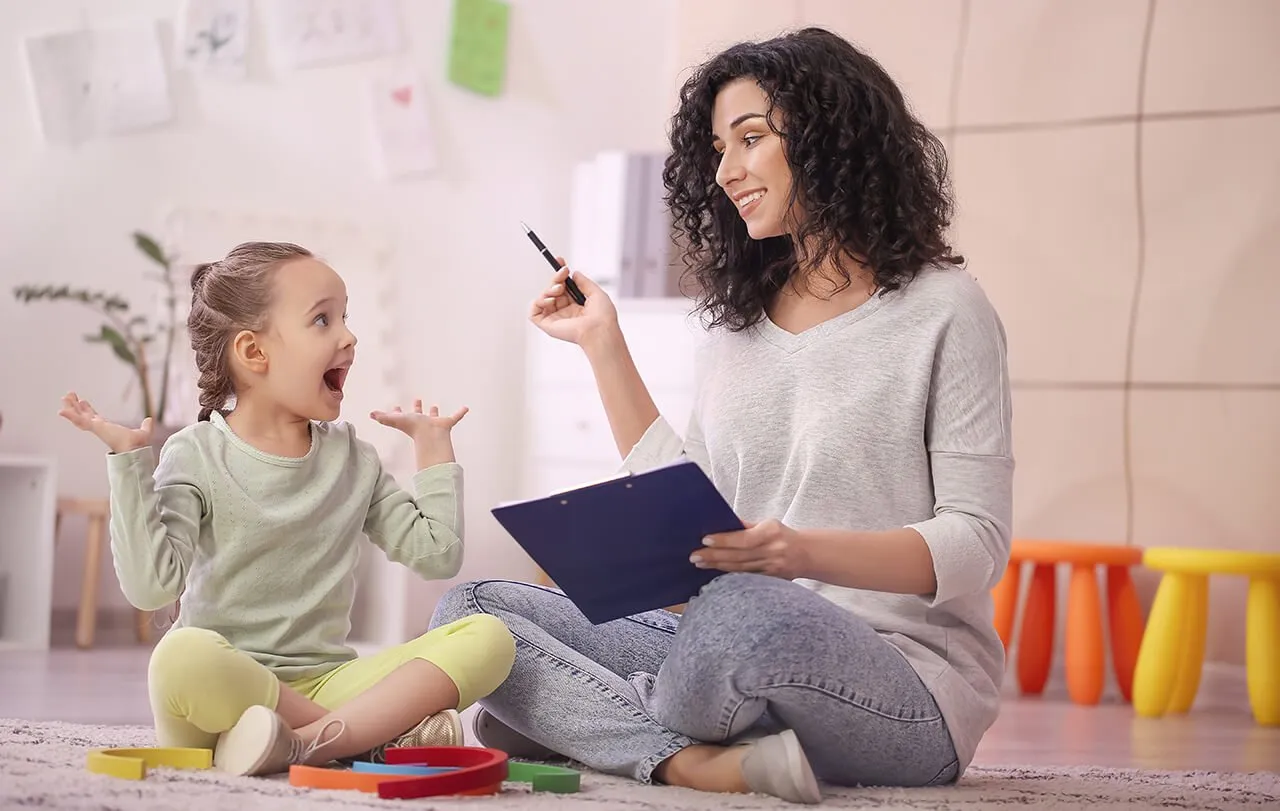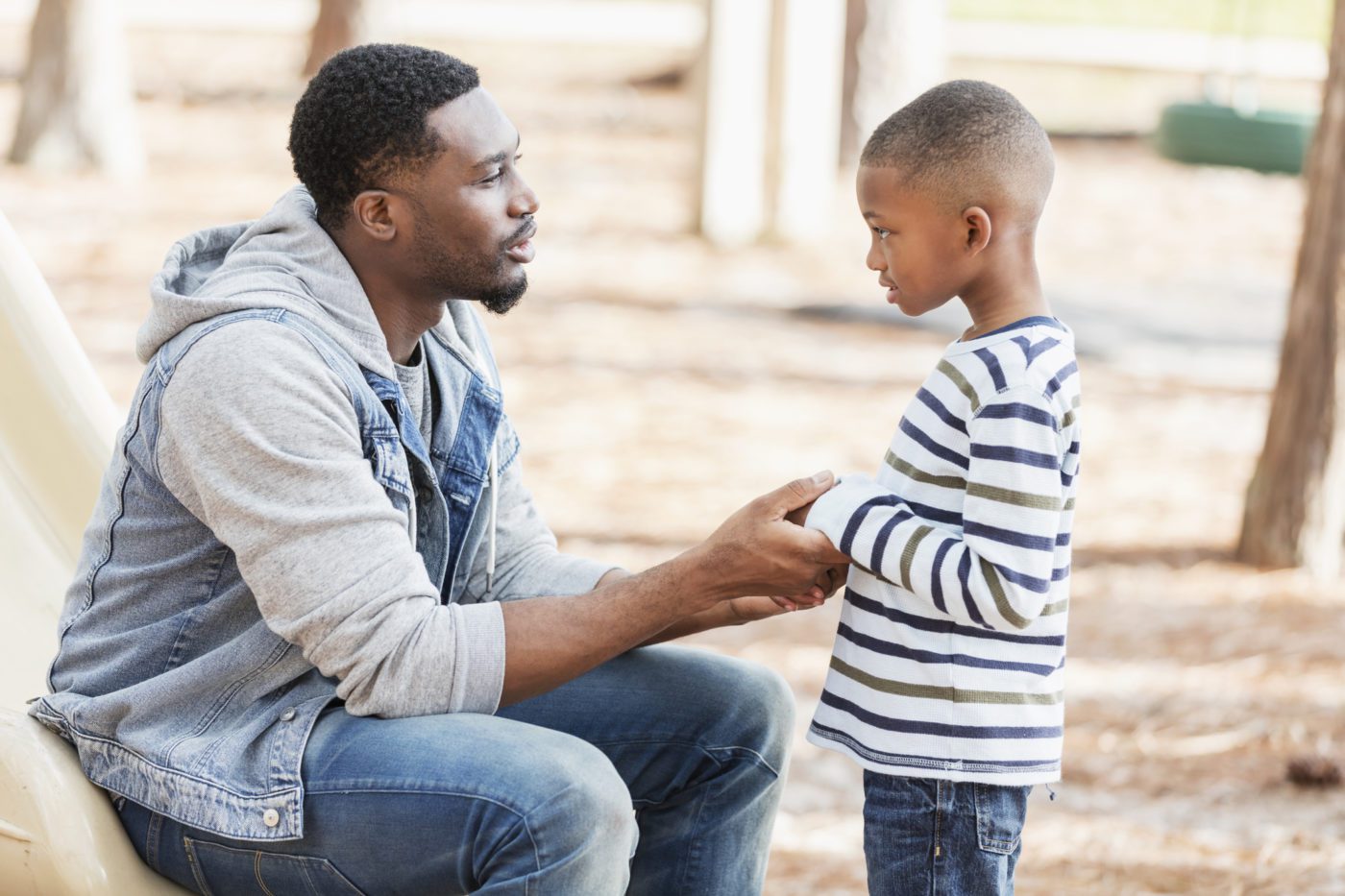10 Best Strategies for Multicultural Family Parenting
To excel at multicultural family parenting, embrace diversity by celebrating traditions and customs, and nurture empathy and tolerance. Have open, honest conversations to shape cultural identity and promote understanding. Celebrate diverse traditions together to foster unity and respect. Encourage open-mindedness by exploring various perspectives and teaching multiple languages. Respect individual differences, establish clear boundaries, and address conflicts constructively with empathy. Seek external support when necessary to navigate complexities. These strategies will help you build a strong, harmonious multicultural family dynamic.
Key Takeaways
- Embrace cultural diversity through celebrations and learning.
- Foster open communication for cultural understanding and respect.
- Celebrate traditions together to enrich family unity.
- Teach multiple languages for cognitive and cultural development.
- Respect individual differences and establish clear boundaries.
Embrace Cultural Diversity

To successfully navigate multicultural family parenting, it’s essential to wholeheartedly embrace the rich tapestry of cultural diversity within your family unit. Cultural immersion is key in fostering understanding and appreciation for the different backgrounds present in your home.
By actively participating in cultural traditions, celebrations, and practices, you not only show respect for your family members’ heritage but also create a sense of unity and belonging.
Having a global perspective is equally important. Encouraging your children to learn about different cultures, languages, and customs can broaden their minds and help them appreciate the beauty of diversity.
Exposing them to various perspectives early on can instill in them a sense of empathy, tolerance, and curiosity about the world around them.
Communication Is Key
When maneuvering the complexities of multicultural family dynamics, remember, communication is key. Open and honest conversations will foster understanding and respect among family members from different backgrounds.
Open and Honest Conversations
Effective multicultural family parenting hinges on fostering open and honest conversations within the household. Parent-child dialogues play a pivotal role in shaping cultural identity and understanding cultural values. By engaging in conversations that are open and honest, you create a safe space for family members to express their thoughts, beliefs, and emotions. This not only strengthens the bond between family members but also helps in managing the complexities of cultural differences.
Cultural values influence family dynamics, and through open conversations, family members can better understand and respect each other’s perspectives. Encouraging a dialogue that’s free from judgment allows for the exploration of different cultural backgrounds and traditions.
It’s essential to promote active listening and empathy during these conversations to foster mutual understanding and acceptance.
Cultural Understanding and Respect
Fostering cultural understanding and respect within your multicultural family is rooted in effective communication that prioritizes open and honest dialogues.
Cultural sensitivity plays a pivotal role in nurturing harmonious relationships and creating a supportive environment for all family members. Embracing intercultural communication allows you to not only acknowledge the differences in beliefs, values, and traditions but also celebrate them as unique aspects of your family’s identity.
To promote cultural understanding, engage in meaningful conversations that explore each other’s backgrounds with curiosity and respect. Encourage family members to share their perspectives and experiences openly, fostering an atmosphere of inclusivity and acceptance.
Active Listening Skills
Developing strong active listening skills is fundamental in nurturing harmonious relationships within your multicultural family. Active listening goes beyond just hearing words – it involves truly understanding the emotions and perspectives behind them.
By actively listening to each family member, you can foster mutual understanding and strengthen your connections.
Practice reflecting back what you hear to confirm that you grasp the speaker’s intended message accurately. This shows your family members that you value their thoughts and feelings.
Building connections through active listening can lead to empathy development, where you not only understand different cultural viewpoints but also connect with the emotions underlying them.
Celebrate Traditions Together

Embrace the beauty of diverse cultural practices within your multicultural family.
By celebrating traditions together, you can create a sense of unity and belonging for everyone involved.
Let these shared experiences strengthen your family bonds and create lasting memories that honor your unique heritage.
Embrace Diverse Cultural Practices
When integrating diverse cultural practices into your family life, actively engaging in and celebrating traditions together can foster a sense of unity and understanding among family members. Cultural exchange enriches family values and provides a global perspective that can help navigate parenting challenges. By embracing each other’s customs and rituals, you create a nurturing environment where everyone feels respected and valued.
Initiate conversations about the significance of various traditions within your family. This can promote open communication and deepen mutual respect. Encourage family members to share stories about their cultural practices, highlighting the beauty and uniqueness of each tradition.
Participating in cultural events and celebrations together allows everyone to experience new customs firsthand. This hands-on approach fosters a sense of togetherness and strengthens bonds within the family unit. It also provides an opportunity for children to learn about their heritage and appreciate the diversity that exists in the world.
Foster Unity Through Traditions
To cultivate a sense of unity within your multicultural family, actively engaging in and celebrating traditions together is vital. Cultural celebrations not only enrich your family’s experiences but also foster a deeper connection among family members. By participating in each other’s cultural traditions, you show respect for your diverse backgrounds and create a harmonious environment where everyone feels valued and understood.
Tradition preservation is essential for maintaining cultural roots and passing down heritage to future generations. Embracing and celebrating the customs, rituals, and festivities of each culture represented in your family not only strengthens your family bond but also instills a sense of pride in your unique heritage.
Multicultural harmony is achieved through a shared appreciation for the traditions that make each culture special. By coming together to celebrate these traditions, you create lasting memories and build a strong foundation of unity within your family.
Embrace the beauty of diversity through the celebration of traditions, and watch as your family grows closer through shared experiences and mutual respect.
Foster Open-Mindedness
Encourage your family members to actively seek out diverse perspectives and experiences to cultivate open-mindedness.
Cultural exploration through travel experiences can greatly broaden your family’s understanding of different traditions, beliefs, and ways of life. Consider planning trips to destinations with rich cultural heritage or participating in cultural exchange programs to immerse yourselves in new environments.
Engaging in multicultural book clubs or attending community events focused on diversity can also be enlightening. These activities provide opportunities to discuss various viewpoints, explore different cultural practices, and foster empathy towards others.
Encourage your family to read literature from authors of diverse backgrounds and participate in events that celebrate multiculturalism.
Teach Multiple Languages

Teaching multiple languages to your children can open up a world of opportunities for them.
Not only does it aid in language development, but it also creates strong cultural connections within your family.
Embrace the beauty of linguistic diversity and watch your children thrive in a multicultural environment.
Language Development Tips
Introducing multiple languages to your child’s language development journey can greatly enrich their cognitive abilities and cultural understanding. Bilingual development not only enhances their communication skills but also strengthens their ties to their cultural heritage. Language immersion, where your child is consistently exposed to different languages, can be a powerful tool in achieving this.
To foster bilingual development, create a language-rich environment at home. Incorporate both languages into daily routines, such as speaking one language at breakfast and the other at dinner. Reading books, watching educational shows, and singing songs in multiple languages can make the learning process fun and engaging.
Additionally, emphasize the importance of family connections through language. Encourage your child to communicate with relatives who speak different languages, allowing them to practice and reinforce their language skills. Family gatherings and celebrations provide excellent opportunities for your child to use their language abilities in a meaningful context.
Cultural Connections Through Language
To deepen your child’s cultural connections, consider incorporating multiple languages into their daily interactions and learning experiences. Language immersion not only fosters linguistic skills but also promotes cultural exchange, allowing your child to connect with their heritage on a deeper level. A bilingual upbringing offers a unique opportunity for heritage preservation, enabling your child to communicate with relatives, understand traditions, and embrace their roots.
Introducing multiple languages can be done through various methods such as speaking different languages at home, enrolling your child in language classes, or engaging in cultural activities that emphasize language learning. By incorporating languages into everyday life, you create an environment where your child can effortlessly absorb and appreciate diverse linguistic and cultural nuances.
Encouraging language diversity not only benefits your child’s cognitive development but also strengthens their sense of identity and belonging within their multicultural family. Embracing bilingualism as a tool for cultural connection enriches your child’s upbringing, providing them with a profound appreciation for their heritage while fostering a broader worldview.
Encourage Cultural Curiosity

By actively exploring and embracing different cultural traditions, you can cultivate a sense of curiosity and understanding within your multicultural family. Cultural exploration not only fosters family bonding but also opens up a world of global perspectives for your loved ones. Encouraging curiosity development among family members can lead to enriching experiences and a deeper appreciation for diversity.
Start by incorporating cultural activities into your family routine. Whether it’s trying out new recipes from different countries, attending cultural festivals, or learning traditional dances, these activities can spark curiosity and create memorable moments for your family. Engaging in such experiences together can strengthen your bond while broadening your horizons.
Additionally, make an effort to explore different cultural customs and traditions through books, movies, and online resources. Encourage open discussions about what you discover and allow everyone to share their thoughts and questions. This practice not only promotes cultural curiosity but also nurtures a sense of respect and understanding for other cultures within your multicultural family.
Respect Individual Differences
Embrace and celebrate the unique qualities and perspectives that each member of your multicultural family brings to the table. In a diverse family setting, it’s important to recognize and honor the individual differences that make each person special. By celebrating these differences, you not only promote acceptance but also create an environment where everyone feels valued and respected.
Encouraging open discussions about the various backgrounds, beliefs, and traditions within your family can enhance understanding and strengthen relationships. Acknowledge that differences in opinions and ways of life are natural, and they contribute to the richness of your family’s cultural tapestry. Embrace the opportunity to learn from one another and grow together through mutual respect and acceptance.
Remember to lead by example and show appreciation for the diverse perspectives and experiences that each family member brings. By fostering an environment of celebration and acceptance of individual differences, you can cultivate a sense of unity and harmony within your multicultural family.
Establish Clear Boundaries
Setting clear boundaries within your multicultural family is essential for promoting understanding, respect, and harmonious relationships. Consistent discipline is vital in maintaining these boundaries and ensuring that everyone in the family unit understands the expectations and consequences of their actions. By establishing healthy boundaries, you create a sense of security and structure that can help navigate the complexities of different cultural norms and practices.
In a multicultural family, it’s important to communicate openly about what’s acceptable behavior and what’s not. This clarity can prevent misunderstandings and conflicts that may arise due to cultural differences. Consistency in enforcing these boundaries is key to fostering a sense of fairness and equality within the family dynamic.
Remember that boundaries aren’t meant to restrict but rather to provide guidance and structure. They help family members understand their roles and responsibilities while also respecting the individuality of each person. By setting clear boundaries with consistent discipline, you lay the foundation for a harmonious and respectful multicultural family environment.
Address Conflicts Constructively

Managing conflicts within a multicultural family can be a challenging yet important aspect of fostering understanding and growth among family members. Conflict resolution in such diverse settings requires a blend of patience, empathy, and cultural sensitivity.
When conflicts arise, it’s essential to approach them constructively, focusing on communication and mutual respect. One effective strategy for addressing conflicts is to actively listen to each other’s perspectives without judgment. Encourage open dialogue where everyone feels heard and valued.
Acknowledge cultural differences that may influence perceptions and reactions to conflicts. Embrace these differences as opportunities for learning and deeper understanding. When working towards resolution, seek common ground and shared values that can bridge cultural divides.
Collaborate on finding compromises that honor everyone’s background and beliefs. Remember that conflicts can be catalysts for growth and strengthening family bonds when handled with respect and care.
Seek External Support if Needed
If you find that conflicts within your multicultural family are persisting or becoming overwhelming, consider seeking external support. It’s completely normal to reach out for help when facing challenges beyond your control. Professional counseling can provide a safe space for each family member to express their feelings and work through issues in a constructive manner.
Support groups offer the opportunity to connect with others who may be experiencing similar struggles, fostering a sense of community and understanding.
In addition to counseling and support groups, cultural sensitivity training and workshops can be valuable resources for multicultural families. These programs can help family members better understand and appreciate each other’s cultural backgrounds, fostering empathy and communication.
Frequently Asked Questions
How Can Parents Navigate the Challenges of Blending Different Cultural Parenting Styles?
Understanding different cultural parenting styles can be challenging. Try communication techniques to comprehend each other better. Attend parenting workshops for guidance. Resolve conflicts respectfully. Embrace cultural awareness to appreciate each other’s perspectives and practices.
What Are Some Effective Ways to Handle Conflicts Related to Cultural Differences Within the Family?
When dealing with conflicts related to cultural differences within the family, remember to prioritize communication and compromise. Cultivate understanding and empathy towards each other’s backgrounds. By openly discussing and respecting diverse viewpoints, you can navigate these challenges together.
How Can Parents Address the Issue of Favoritism Towards a Particular Culture Within the Family?
Address favoritism by fostering cultural sensitivity. Embrace diversity with equal representation and open communication. Celebrate each culture’s uniqueness to promote family unity. Listen, learn, and guarantee all voices are heard and valued.
What Are Some Strategies to Ensure Children Feel a Sense of Belonging to All Their Cultural Backgrounds?
To help your children feel connected to all their cultural backgrounds, engage in diverse cultural celebrations together. Foster an inclusive environment where they can explore their identities. Improve communication skills by openly discussing and valuing each culture.
How Can Parents Help Their Children Navigate Identity Issues When Growing up in a Multicultural Family?
To help your children navigate identity issues in a multicultural family, encourage cultural celebration and self-acceptance. Support their identity exploration and maintain open communication. Embrace their uniqueness and provide a safe space for them to grow.
Conclusion
To sum up, managing the complexities of multicultural family parenting can be challenging. But by embracing diversity, fostering open-mindedness, and communicating effectively, you can create a harmonious and inclusive environment for your family.
Celebrate traditions, teach multiple languages, and respect individual differences to strengthen your family bond.
Remember, addressing conflicts constructively and seeking external support when needed will help you handle any obstacles that may arise.
Embrace the beauty of multiculturalism in your family and watch it thrive.

Hey there! 👋 I’m a proud mom and passionate writer, sharing my parenting journey. 📝 Join me as I navigate the ups and downs of motherhood, offering tips, advice, and a sprinkle of humor along the way. 🌟







